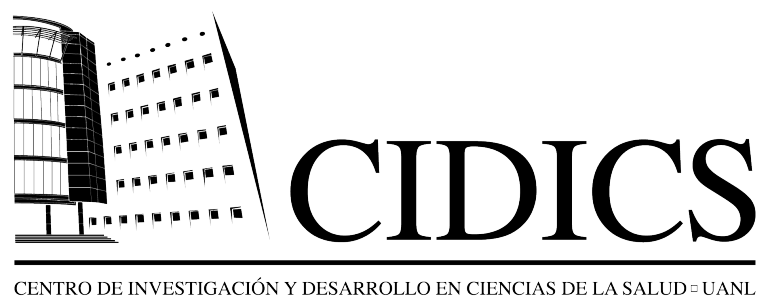Changes in the intestinal microbiota play an important role on obesity
Human microbiome is formed by benign microbes that follow various important functions for survival. In the digestive tract, these components of the intestinal microbiota help us to assimilate nutrients and to make digestible some compounds in food. An adult human being is colonized by approximately 100 trillion microbes; most of them are on the gastrointestinal tract. Research on the human microbiome is a field expanding rather quickly in biomedicine.
The human intestine hosts prokaryotes, viruses, and fungi. In the human gastrointestinal tracks, most microbiota resides in the colon. Studies have reported differences on the intestinal microbiota composition of obese people (as a prequel of diabetes type 2), with diabetes type 2, and type 1, in comparison with healthy, normal people.
The metabolic syndrome is a group of disorders where an increase of blood pressure, high blood sugar, excessive body fat on the waist, and abnormal levels of cholesterol or triglycerides can occur; these variables increase the possibilities of an individual to suffer from cardiovascular diseases. One of the risk factor for metabolic syndrome and for the development of diabetes mellitus type 2 is obesity.
There is not enough knowledge still of a “normal” intestinal microbiota composition. It can vary according to geographical location, nutritional habits, gender, age, etc. Strains of bacteria have been identified that seem to have positive effects on the health of human metabolism. However various microorganisms and their metabolic characteristics are still unknown.
Probiotics are considered safe, normally. They have been suggested to modify metabolic disorders, as they reduce hepatic transaminases the level factor of tumor necrosis α, and insulin resistance. Nonetheless, precaution is needed in cases of therapy with Saccharomyces boulardii / Saccharomyces cerevisiae supplements.
Research indicates that variations on the intestinal microorganism could play an important role on pathogenesis of obesity. Bacteroidetes prevalence is decrease in obese people, this proportion increases with weight loss based on a restricted calorie diet. Lactobacillus and Clostridiums are associated with insulin resistance. This information suggests that specific phyla bacteria or the strains could be beneficial or detrimental for obesity. It could be another explanation for this disease.
The altered intestinal barrier and the subsequent displacement of bacteria or bacterial products are now associated as an important mechanism associated with diabetes and diet. It seems to be an important regulator of the structure and function of intestinal microbiota. It is sustained that carbohydrates restriction and fiber rich diets, and vegetables provide benefits for health, because of microbial changes. It is necessary to keep performing studies that provide more information and thus, generate better strategies focused on the preventions of these pathologies considered a big public health problem as are diabetes and obesity.
Reviewers: Brenda Giselle Alvarez Rodriguez (Public Health Research Unit), and Cassandra Saldaña Pineda (Knowledge Management Unit).
Sources:
- Article: “The Role of Gut Microbiota in Obesity and Type 2 and Type 1 Diabetes Mellitus: New Insights into “Old” Diseases”. Med Sci (Basel). 2018 Jun; 6(2): 32.
- Article: “Insights into the role of gut microbiota in obesity: pathogenesis, mechanisms, and therapeutic perspectives”. Protein Cell. 2018 May; 9(5): 397–403.
- National Autonomous University of Mexico (UNAM) Revista ¿Cómo ves?: Índice 167 – El microbioma humano
- Mayo Foundation for Medical Education and Research
- Texas Heart Institute

